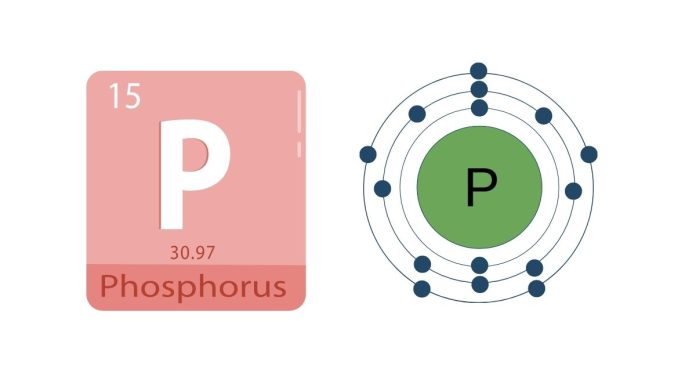What Is the Charge of Phosphorus?
The charge of phosphorus depends on its chemical state or the context in which it is involved. Phosphorus is a nonmetal and can exist in several oxidation states. Here’s a summary:
- Elemental Phosphorus (P₄): Neutral, no charge.
- Common Ions:
- Phosphate ion (PO₄³⁻): Phosphorus has an oxidation state of +5 and the ion has a charge of -3.
- Phosphite ion (PO₃³⁻): Phosphorus has an oxidation state of +3 and the ion has a charge of -3.
- Hypophosphite ion (H₂PO₂⁻): Phosphorus has an oxidation state of +1 and the ion has a charge of -1.
- In Compounds:
- In binary compounds with metals (e.g., phosphides such as Na₃P), phosphorus typically has a charge of -3.
- In organic and covalent compounds, phosphorus can exhibit various oxidation states ranging from -3 to +5 depending on its bonding.
If you have a specific context in mind, feel free to clarify, and I can give a more detailed explanation!


